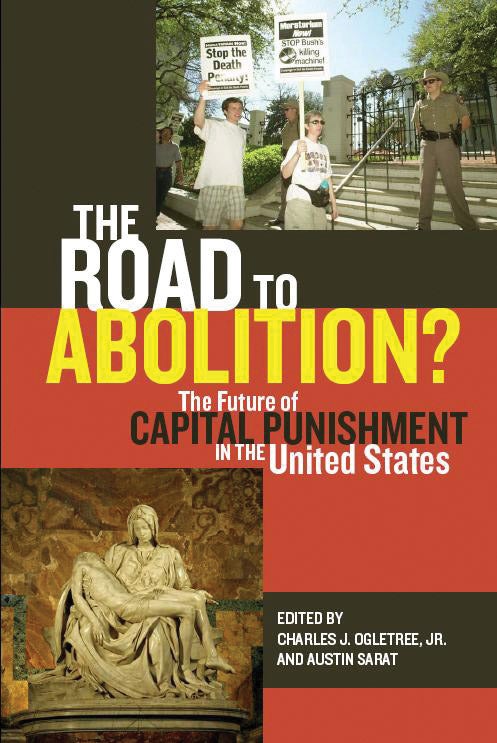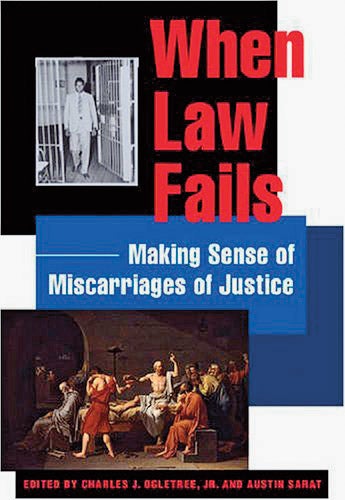On Friday, November 6, Harvard Law School hosted to a day-long conference entitled “Confronting Legal Injustice/Imagining Legal Justice” in Ames Courtroom. A plethora of speakers from a wide variety of backgrounds addressed shortcomings in the law concerning capital punishment. They also looked at the future of the death penalty.
The conference was chaired by HLS Professor Charles Ogletree ’78 and Austin Sarat, the William Nelson Cromwell Professor of Jurisprudence and Political Science at Amherst College. Ogletree currently serves as the director of the Charles Hamilton Houston Institute for Race and Justice at Harvard Law School.
Framed around two recent books co-edited by Ogletree and Sarat: “When Law Fails: Making Sense of Miscarriages of Justice” and “The Road to Abolition: The Future of Capital Punishment in the United States,” the conference featured speeches by the various contributors to these works.
View video of opening remarks and a panel discussion on “When Law Fails: Making Sense of Miscarriages of Justice” with contributors Douglas Berman (Ohio State University, Moritz College of Law), Mary Dudziak (University of Southern California), and Linda Meyer (Quinnipiac University School of Law).

“The Road to Abolition: The Future of Capital Punishment in the United States” is a collection of essays addressing the changing attitudes in the United States towards the death penalty as well as the potential future of capital punishment. “When Law Fails: Making Sense of Miscarriages of Justice” is comprised of ten essays examining a multitude of famous and historical wrongful convictions. The essays discuss the fundamental causes of erroneous decisions as well as the underlying reasons for these results.
Stephen Bright, president and senior counsel for the Southern Center for Human Rights, was the keynote speaker. Bright, who is currently serving as the Harvey Karp Visiting Lecturer in Law at Yale Law School, has formerly taught at Harvard Law School and Georgetown University.
Bright addressed the relationship between wrongful convictions and the future of capital punishment. He began by examining the nature of the American criminal justice system in the United States quoting Winston Churchill who said “You can learn a lot about a society by how it treats crime and criminals.” The U.S., according to Bright, is one of the four countries, including China, Saudi Arabia and Iran, which account for 90 percent of all executions in the world. The United States also has the highest rate of incarceration of any country in the world.
He focused on the dilemmas that arise when incompetent and inadequate lawyers represent clients, saying he hoped that the United States would one day mirror South Africa and its efforts to replace past hatred and violence with acceptance, forgiveness, and reconciliation. “Good that is in the hearts of a lot of the people in our society I think will at the very end of a long and difficult journey bring us to that day when we will join the rest of the industrialized democracies in this world and we will make permanent, final, and absolute the commandment ‘Thou shall not kill,” he said.
